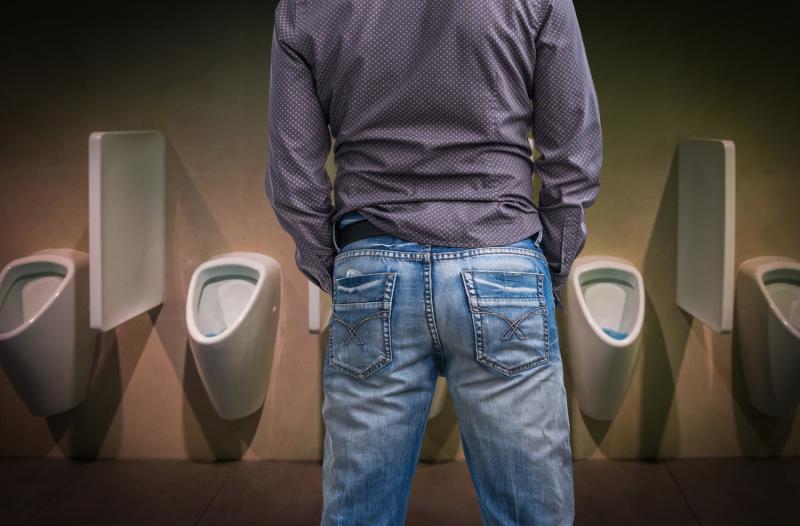
A bidirectional relationship exists between nocturia and depressive symptoms, a recent study has shown.
Moreover, the cross-lagged path coefficient suggests that nocturia is more likely to be a cause rather than a result of depressive symptoms, according to the investigators.
This longitudinal analysis was part of the Nagahama Cohort Project, a population-based cohort study, with baseline and 5-year follow-up investigations to assess the directional link between nocturia and depressive symptoms in the general population.
The investigators used self-report questionnaires, the International Prostate Symptom Score and the 5-item Mental Health Inventory to measure nocturnal voiding frequency and mental health. They also performed logistic regression and cross-lagged panel analyses to examine the bidirectional relationship between nocturia and depressive symptoms.
Data from 8,285 of 9,764 participants (median age, 57.3 years; 32.0 percent men) at baseline were analysed. New-onset depressive symptoms were observed in 369 participants and nocturia in 793.
Adjusted logistic regression analyses revealed a clear dose-relationship between baseline nocturnal voiding frequency and new-onset depressive symptoms (ptrend<0.001) and a weak association between baseline 5-item Mental Health Inventory and new-onset nocturia (ptrend=0.0087).
In cross-lagged panel analysis, the path coefficient from nocturnal voiding frequency to 5-item Mental Health Inventory (β, –0.06; p<0.001) was stronger compared to that from 5-item Mental Health Inventory to nocturnal voiding frequency (β, –0.02; p=0.047). This suggested that nocturia could more likely be a cause than a result of depressive symptoms.